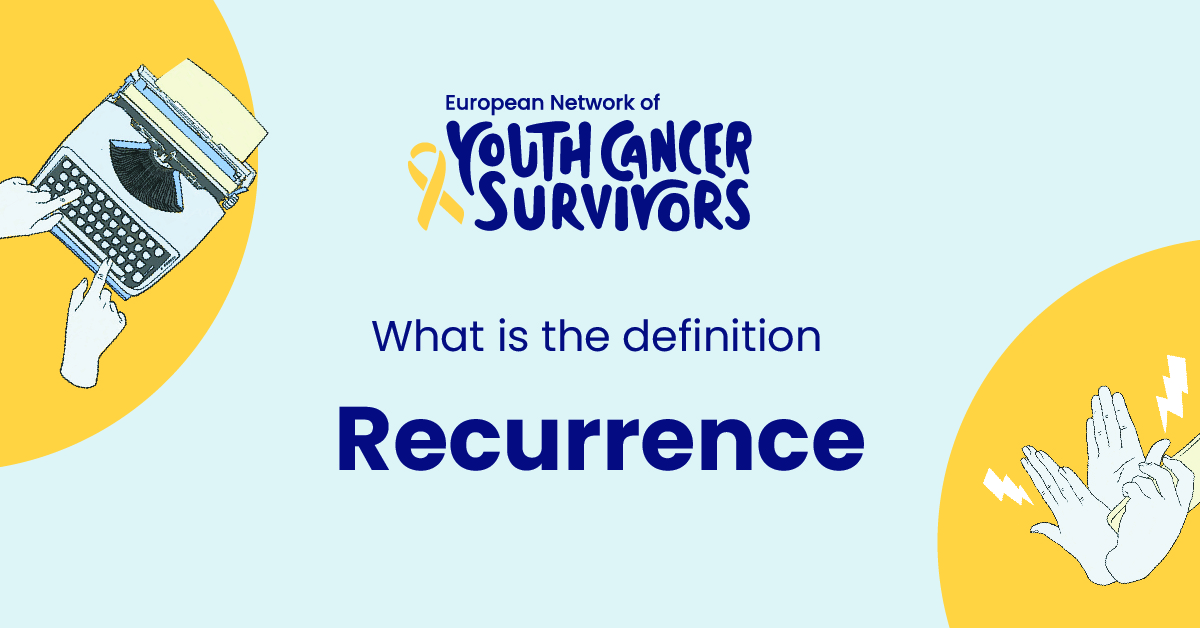
Our world constantly evolves along cyclical patterns and sequences, representing a constant theme of recurrence. This article aims to unfold the concept, its meaning, significance and how it impacts various disciplines, including healthcare.
Defining Recurrence: Basics and Introduction
The term ‘recurrence’, from a general perspective, implies a process or event that repeats periodically. Rooted in Latin, ‘recurrence’ means ‘running back’. It holds crucial importance across various fields such as mathematics, computer science, healthcare, psychology, and many more.
Importance of Understanding Recurrence
Understanding recurrence allows us to foresee patterns or events, aiding us in making informed decisions. Identifying recurrence can help us predict, manage, and sometimes change the course of certain processes or actions. Particularly in medical science, understanding recurrence is pivotal to predict and manage the recurrence of diseases or disorders.
Get to know us better
If you are reading this, you are in the right place – we do not care who you are and what you do, press the button and follow discussions live

Exploring the Definition of Recurrence
Meaning and Concept of Recurrence
Recurrence, at its core, is the act of something happening or appearing again. In various domains, this repetition can mean different things. For instance, in mathematics, it signifies repeated calculation or iteration, whereas, in healthcare, it might indicate the return of symptoms or diseases.
Historical Perspective and Evolution of the Term “Recurrence”
The understanding of recurrence has evolved parallel with human understanding. Ancient civilizations were familiar with the recurrent patterns in seasons, star constellations, and natural cycles. This comprehension eventually paved the way towards establishing various scientific and sociological principles that help us decode our universe’s nature.
Various Aspects of Recurrence
Recurrence in Mathematics and Statistics
The concept of recurrence in mathematics usually entails repeating measurement or calculation processes to solve problems or make predictions. In statistics, modeling recurrent events such as repetitive customer purchases or recurrent illness episodes is vital for businesses and healthcare, respectively.
Recurrence in Computer Science and Algorithms
In computer science, recurrence finds its application in algorithms, particularly recursive algorithms where a problem is divided into smaller sub-problems of the same type. Understanding recurrence helps to enhance computation efficiency and optimize solutions.
Recurrence in Physics and Engineering
Physics and engineering also heavily rely on understanding recurrence regarding periodic motions, wave patterns, structural designs, etc. The concept aids in predicting system behavior, enhancing efficiency, and mitigating risks.
Recurrence and its Role in Healthcare
Recurrence in Pathology and Diseases
In healthcare, recurrence particularly refers to the return of a disease or symptoms after a period of improvement or apparent cure. Understanding and predicting recurrence in diseases like cancer or mental health issues is critical to healthcare professionals for disease management and patient care.
Recurrence in Psychology and Behavioral Pattern
In psychology, the idea of recurrence can explain behavioral patterns, thoughts, and emotions. It can help uncover the repetitive sequences of behavior or emotions, encouraging mindful interventions and behavior change strategies.
Recurrence in Therapeutic and Drug Treatment
Recurrence also significantly influences therapeutic treatments and drug schedules in healthcare. Insight into the recurrence pattern of a disease may inform the dosage and frequency of drug administration or the need for a specific therapeutic intervention.
Strategies to Manage Recurrence
Preventive Strategies for Recurrence
Preventive strategies mainly involve identifying risk factors, formulating effective interventions, regular monitoring, and fostering a healthy lifestyle; essentially, an active involvement can drastically reduce the risk of recurrence.
Recurrence Management in Clinical Practice
Clinical practices to manage recurrence include predictive analytics, drugs and therapies, and post-treatment surveillance. Again, these methodologies vary widely across practices, individual patients, and disease types.
Role of Digital Health in Managing Recurrence
Digital health platforms, with their data-driven insights and predictive algorithms, can play a crucial role in managing recurrence. They can offer personalised care maps, predictive analytics and telemedicine consultations, supporting clinicians in the fight against disease recurrence.
Conclusion: Key Takeaways from Understanding Recurrence
Importance of Knowing about Recurrence
Understanding the concept of recurrence is essential for various professions and fields. It provides a foundation for pattern recognition, prediction models, disease management, and strategic planning. It positions us to predict and shape future developments with tangible benefits.
Future Aspects and Developments in Recurrence Understanding
The progression in technology and data analytics will revolutionize the understanding of recurrence, bringing forth more efficient ways of prediction, prevention, and management in multiple domains, including healthcare. Thus, leading towards a more informed and evolved future.
Five Unique FAQs:
- What is the most common definition of Recurrence?
Recurrence generally implies a process or event that repeats periodically. However, its definition varies based on the field of its application.
- How does Recurrence play a significant role in healthcare?
Understanding recurrence is crucial in healthcare to predict the likelihood of disease recurrence, formulate treatment plans, and manage patient care effectively.
- What strategies are used to manage Recurrence?
Preventive strategies, clinical interventions, and digital health platforms are some common strategies to manage recurrence in healthcare.
- How does understanding Recurrence apply in the fields of mathematics and computer science?
In mathematics, it involves repeating calculations to solve problems, while in computer science, it aids in formulating recursive algorithms to optimize solutions.
- What is the importance and benefits of understanding Recurrence?
Understanding recurrence is pivotal in several fields for pattern prediction, strategizing interventions, disease management, and shaping future developments.

















Comments
Thank you. Comment sent for approval.
Something is wrong, try again later